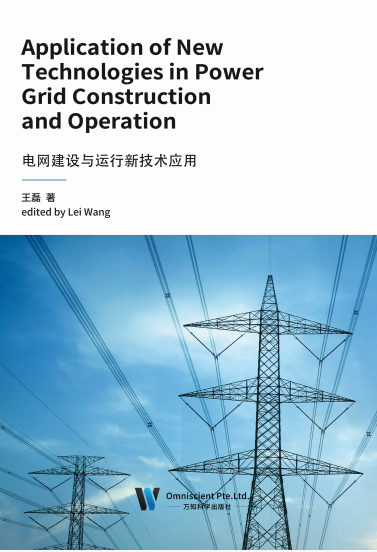
随着现代社会科学技术的飞速发展,电力作为重要的基础能源,在人们的生活 以及工作中都具有举足轻重的作用,而电网系统是联系电力企业与用户之间的重要 纽带,所以应当进一步强化电网的建设,使用更先进的技术手段保证电网的稳定运 行,这样才能对日益增长的电力需求起到保障性的作用。在新的经济发展趋势下, 电力企业应该重点对这一技术手段加以推广,这有效的促进经济效益的提升。
电网建设新技术的应用有着重要的现实意义,通过新技术,依靠科技进步,节 约占地,节约线路走廊,保护环境;提高施工工艺水平,提高电网输送能力;保证 工程建设质量,保证电网的安全可靠运行;降低工程建设和运营成本。
为了满足我国现阶段电网建设的工作需要进行电网建设新技术的推广是必要, 这就需要考虑其安全性、技术先进性等,需要遵守相关的环保节约、技术实用原则, 比如进行紧凑型输电技术的应用。为了做好我国现阶段的电网建设工作,应当抓住 新技术的工作特点,从而实现电网建设体系的健全,进行其内部新技术的应用,保 证电网建设新技术交流体系的健全,做好基础研究工作、储备机制工作、综合评价工作等
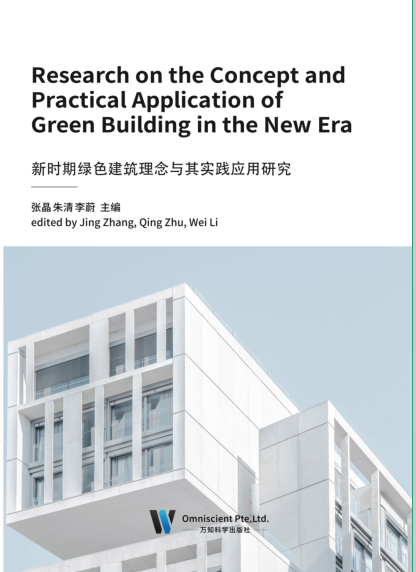
建筑是人类从事各种活动的主要场所。近年来,随着城市建设规模的不断扩大,以及科技发展和人们生活水平的提高,建筑能耗也越来越大。较高的建筑能耗直接威胁着人们的生存环境。因此,人们越来越关注如何转变高能耗建筑局面的问题。绿色建筑就是在这样的背景下诞生并迅速发展的。它具有高效节能、自然和谐的特点,与环境、气候、自然能源与资源等要素紧密结合,在有效满足各种使用功能的同时,可创造出健康舒适的生活和工作空间。当前,绿色建筑已经是全球建筑界最流行的议题。世界建筑和房地产业也正在发生着一场革命性的转变,即由传统的以高投入、高消耗、高污染和低效率模式为典型特征的粗放型建筑和房地产业,向现代的以生态文明和可持续发展模式为典型特征的绿色文明型建筑和房地产业转变。
“ 绿色建筑”这一概念自 1992 年巴西里约热内卢“联合国环境与发展大会”上被首次提出后,从概念到实践,从内涵到外延都得到了极大地丰富和发展。在我国,绿色建筑的发展相对较晚,虽然近年来备受关注,在理论与实践发展方面也取得了不少的成就,但是与发达国家相比还是有一定距离。此外,“绿色建筑”还主要停留在政府层面和业内人士层面,普通民众对其认知不深,甚至有诸多的误解。因此,为了深化绿色建筑的理论与实践研究,给从事绿色建筑开发建设、设计咨询、施工、运营管理等的相关人员提供切实的指导,也为了让更多的普通民众正确认知绿色建筑,特撰写《新时期绿色建筑理念与其实践应用研究》一书,供大家参考。
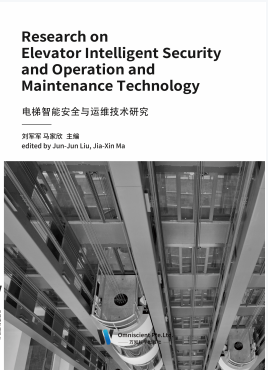
电梯与人们的生活息息相关。电梯的安全运行一直是人们关注的焦点。然而, 电梯不仅给人们的生产生活带来了方便,也给人们带来了很多隐患。主要原因是电 梯运行中的各种安全问题对人们的生命财产安全构成了极大的威胁。而随着社会发 展,电梯安全性受到人们广泛重视,传统的维护保养方式已经不能满足相关要求, 管理部门应该按照其实际发展需求,创建专门的安全管理与维保机制,根据工作现 状的分析,及时发现自身工作存在的问题,采取有效措施解决问题,以此提高电梯 使用安全性与稳定性。
在对电梯安全性进行管理期间,相关部门应该按照实际工作要求,制定完善的 管理制度,建设高素质人才队伍,做好安全知识的宣传工作,加大管理力度,创新 工作方式,满足其实际发展需求。对于电梯维保工作而言,应定期对电梯进行检查 与测试,做好日常的管理工作,首先,安排专门的工作人员开展维保工作,遵循岗 位工作原则,做好检查工作,排除其中存在的异常问题。其次,需要做好保养周期 的管理工作,按照相关要求,在每个周期都要做好相关检查工作,制定完善的管控 机制。最后,利用科学的方式及时发现其中存在的故障问题,采取检修或是维护的 方式解决问题,保证电梯的运行处于正常状态。
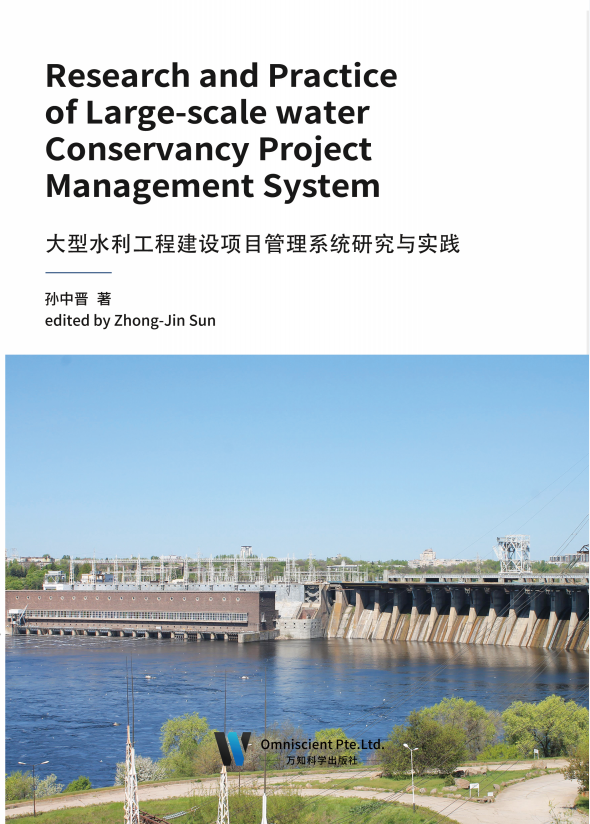
我国面积较大,江河流域较多,大型水利工程也随之增多,同时利用水利也为我国国民带来巨大效益。随着社会不断发展,所需要的大型水利工程越来越多,因此在这些大型水利工程建设施工中往往会存在许多已知的和未知的风险,如果这些风险不消除或者避免,将会对我国经济建设、人民生命财产、环境保护带来巨大的威胁。
大型水利工程建设过程中存在施工周期长、资金需求量较大、物资运输量大、施工环境地形复杂、施工人员多样、监护管理困难、季节变化等许许多多的未知问题,在这些问题中往往一个环节出现故障将会影响全面施工质量,因此应严格控制所有存在的风险问题,确保施工达到标准要求。
利用工程建设项目管理系统可实现对水利枢纽全生命周期中规划、设计、采购、施工、验收、移交等各个环节进行支撑和管理,并实现对工程项目管理计划与进度、投资与成本、合同、质量、安全、设计和施工的控制,规范工程建设管理的流程,实现工程建设的程序化、规范化和精细化管理以及建设过程全生命周期的电子跟踪,提高工程建设各接口工作和管理效率,实现项目参与方的高效协作,提高工程建设管理的透明度和综合效益。
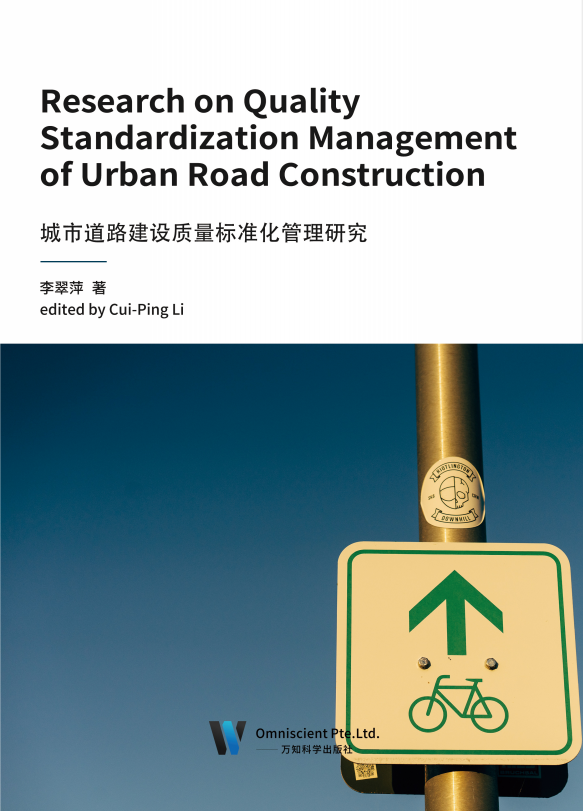
城市道路的项目质量管理的作用是至关重要的,会对整个工程的质量产生重要的影响。科学的质量管理能够提高工程的施工质量,保证工程整体的质量,可以有较好的经济与社会效益,提高人民群众的满意度。从目前我国的施工过程来看,施工质量及控制还存在一定问题和不足,因此加强施工质量管理,提高项目管理水平,让道路给城市添光加彩就成为一个重要的及社会关注的问题。
从一定意义上说,城市工程道路施工质量的控制,是工程项目高效率的重要环节,是城市道路实现高标准严要求的基础,还可降低城市道路破坏的机会,从而确保道路及行人的生命财产安全。其实,质量管理就是利用科学高效的管理方法,对项目进行严谨的进度安排,提高施工的工艺,调整施工的设计方案,工程的原材料采购与保管实行严格控制,从而使工程项目可以高质量按工期进行严格管理,这种施工质量的把握与控制,既可以满足智慧城市的高标准要求,还可以提高城市的整体标准,能够美化城市的环境,从而为人民群众提供良好的通行环境,也是一个城市现代文明的重要标志,所以对城市道路的施工质量进行控制的意义可见一斑。